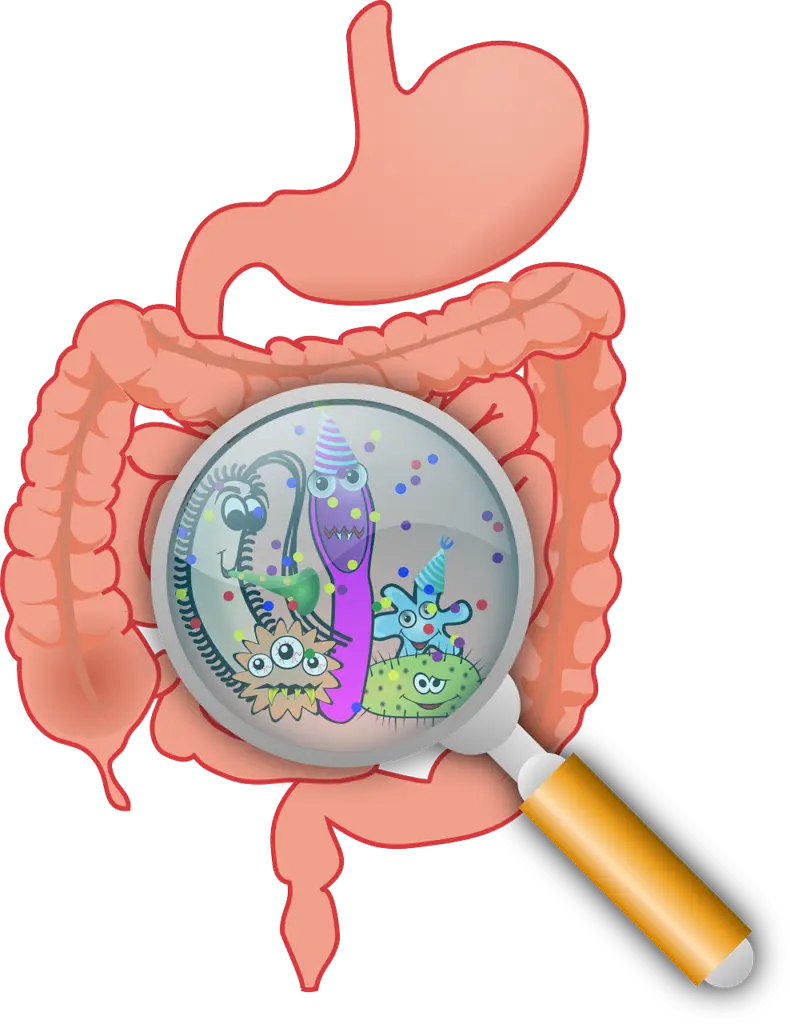Recently, the internet has been buzzing with ‘gut-healthy’ foods. With everyone talking about the benefits of sourdough and kombucha, you might find yourself wondering, what’s all the fuss about? Well, we’re here to provide you with a breakdown of the most recent, evidence-based nutrition.
So, what exactly is the microbiome?
It’s the collection of all microorganisms—like fungi, bacteria, and viruses—and their genes in a specific environment. In the human body, the digestive tract alone houses around 100 trillion microorganisms (Valdes et al., 2018). In the past, it was thought that the microbes which colonised our bodies were all bad, however, we now know that the gut microbiome is essential for immune, metabolic and nervous system health (Segre, 2024).
These microbes are beneficial as they produce thousands of biological compounds that carry out functions, often replacing some of the tasks that our own cells would normally do (Valdes et al., 2018). Consequently, the microbiome has a profound impact on the health, physical traits, and overall well-being of its host. The number and types of these microorganisms can change due to a range of environmental factors like exercise, diet, medication, and other exposures (Segre, 2024).
The objective of good health is to cultivate diverse populations of beneficial bacteria in our microbiome. When our microbiome thrives, we reap numerous benefits. For instance, the by-products of these microbes serve as the primary energy source for cells in our colon. They can also help prevent colon cancer, positively influence blood sugar and energy balance, regulate cholesterol levels, and they may even play a role in appetite regulation (Valdes et al., 2018).
What happens when we don’t have a healthy gut?
Dysbiosis is the state of having microbial imbalance or lower microbial diversity in the gut. There is new evidence to suggest that dysbiosis has been found to play a role in autoimmune diseases, obesity and heart conditions. It is likely associated with symptoms of immune system dysregulation, altered energy regulation, altered gut hormone regulation, and inflammation (Valdes et al., 2018).
So, how do we keep our gut microbiome healthy and thriving?
Specific foods and dietary patterns can all influence the abundance of different types of bacteria in the gut, which in turn can affect health. In regards to gut health, there are two main categories of foods that influence gut microbiota composition and that are related to better health: probiotics and prebiotics (dietary fibres).
What are prebiotics and probiotics?
Probiotics are live bacteria and yeasts that, when eaten in the right amounts, are beneficial to human health (UnlockFood, 2022). They are naturally present in some food but can also be added to foods or taken as food supplements. We can find probiotics in foods, such as:
- Yogurt
- Kefir
- Sauerkraut
- Kimchi
- Miso
- Tempeh
- Pickles
- Kombucha and yes, sourdough too..
On the other hand, prebiotics often contain fibre and other nutrients, and act as the “food” for the microorganisms in your gut. Prebiotics selectively feed ’good’ bacteria and help them grow in the colon, while limiting the growth of ’unhealthy’ bacteria (UnlockFood, 2022). Prebiotics are sometimes added to foods like bread, breakfast cereals, dairy products, and granola bars. They are also found naturally in many foods, such as:
Vegetables:
- Asparagus
- Bananas
- Garlic
- Artichoke
- Leeks
- Onion
- Tomatoes
Grains:
- Barley
- Rye
- Whole grains
Roots:
- Chicory root
- Dandelion root
- Elecampane root
If you feel like you’re not receiving adequate prebiotics and probiotics through your diet, supplementation has been shown to be effective in increasing the population of microorganisms in the gut.
If you’d like more information regarding the microbiome or if you’d like to discuss your individual gut health, one of our dietitians would be happy to support you. To book your free consultation call with one of our dietitians today visit: https://journeytohealthsupport.com/meet-our-dietitians
Copyright © 2024 Journey to Health – All Rights Reserved.






